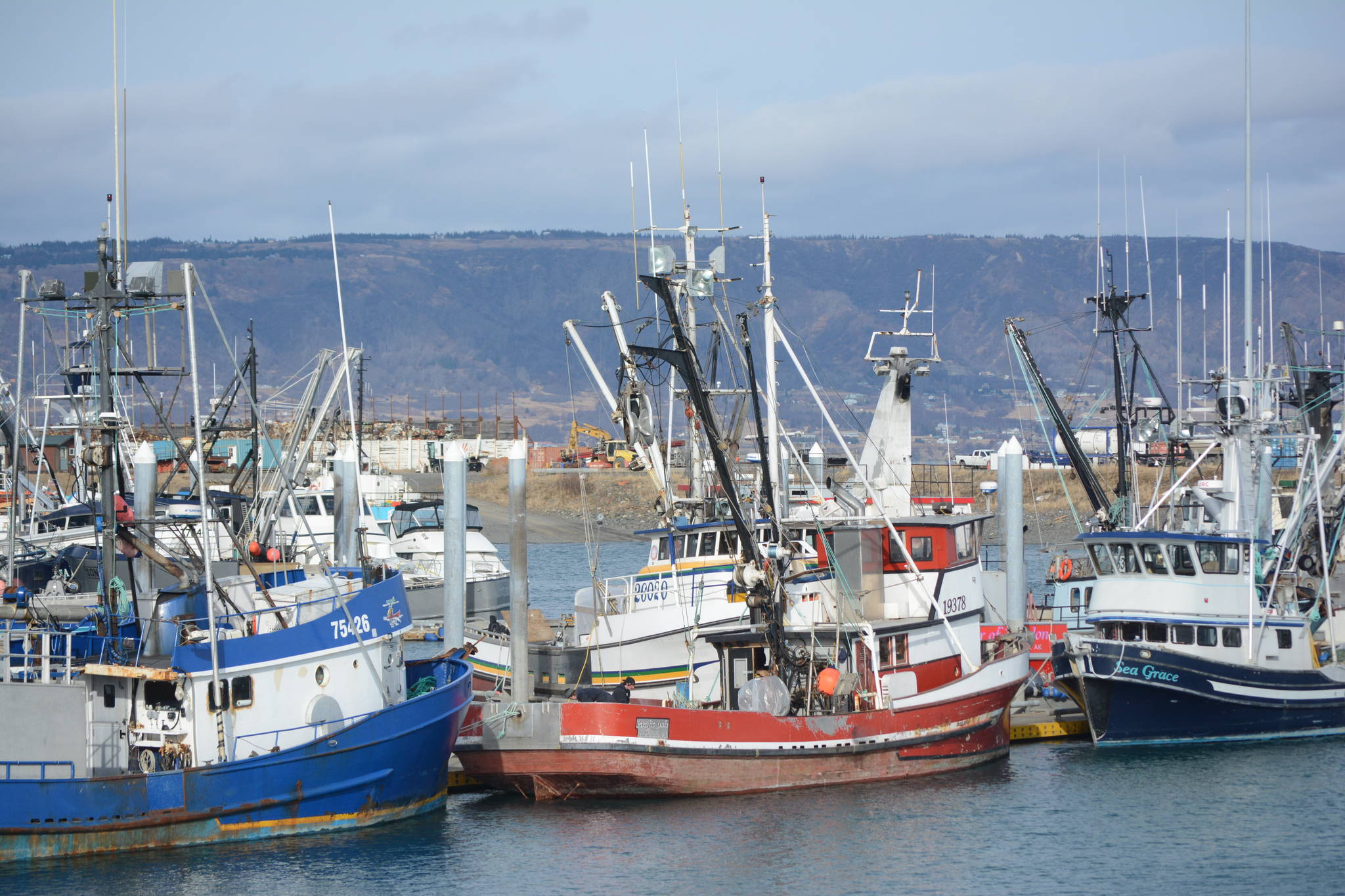As the global pandemic of the novel coronavirus disrupts all sorts of industries around the world, the seafood industry is already feeling the impact.
Diversified Communications, which hosts Seafood Expo North America, announced they postponed the show that was set to take place in Boston March 15-17, and have also postponed Seafood Expo Global, set to take place in Brussels, Belgium, April 21-23.
Additionally, they report that many restaurants in China have temporarily closed down during this Chinese New Year, which exerts great influence on the country’s seafood sales. According to some insiders, the sales of freshly frozen seafood has plummeted by about 90%.
In Alaska, 50 to 60 dive boats in Southeast have been tied up for more than a month because their main market in China is closed due to the virus.
Meanwhile, around Bristol Bay, Alaska Public Media reports that community leaders, health facilities and local entities are working to coordinate their preparations for the coronavirus as thousands of fishermen, processors, and cannery workers make plans to travel to Bristol Bay in the coming months to participate in the commercial salmon fishery.
Bristol Bay Economic Development Corporation has indefinitely postponed a job fair scheduled for later this month in Naknek. Meanwhile, the Bristol Bay Sustainability Summit was postponed, and the Western Alaska Interdisciplinary Science Conference and Forum has been cancelled.
As of Tuesday, no one in the region had tested positive for the virus, and six cases had been confirmed in the state.
The halibut fishery, which was already facing headwinds with lower quotas across most of the state, was off to a slow start when it opened last weekend, with one boat getting $5 per pound which was surprisingly high since the freezer price is currently around $4 per pound.
White table restaurant sales are down, especially in the seafood-rich market of Seattle, where many have closed entirely.
John Sackton, founder of SeafoodNews.com, wrote about the rapidly changing scenario.
“In Seattle, where on Friday (March 13) it was reported that at least 50 restaurants had closed, total visits on Thursday, March 12 were down 58% versus a year ago,” he wrote. “Yet on Saturday, Feb. 28 they had been up 7% over the prior year. In Boston they were up 22% on that Sunday (Feb. 29), and down 47% by last Thursday.
“In the rest of the country, restaurant visits were down from 20% to 50% over the same day of the prior year.
“I thought this was going to create immense problems for seafood distributors. The complete closure of restaurants in many states will simply amplify the problem.”
He said that most restaurants are able to do curb-side pickup, which does not bode well for seafood menu items which are often more complex than standard pasta and meat items, with the exception of shrimp dishes.
One of the biggest problems he points out is what the future holds.
“I cannot stress enough how much we need to be thinking about our situation in two or three weeks, versus our situation today. Much of the impact of the food service slow down, let alone total halts, has yet to ripple through the supply chain.
“Freezers are already generally full; as supplies were built up for Lent, the exports collapsed.”
He said the buildup of inventory is the most dangerous thing for the industry, as it will be the biggest obstacle to both a future recovery, and even the ability to conduct the spring harvests.
He added that there are three elements to pay attention to: Logistics, with border crossings and supply chain interruptions; financial, as consumers are deprived of revenue; and seasonal harvests, as snow crab and lobster fisheries, scheduled to open within weeks in Eastern Canada, get underway.
“What about Copper River salmon, and the roll out of the entire Alaska salmon fishery?
“The problem is that if left to market forces alone, the dock price in a lot of fisheries would fall below the cost to harvesters to land that fish, meaning there would be little reason to go fishing.”
Cristy Fry can be reached at realist468@gmail.com



